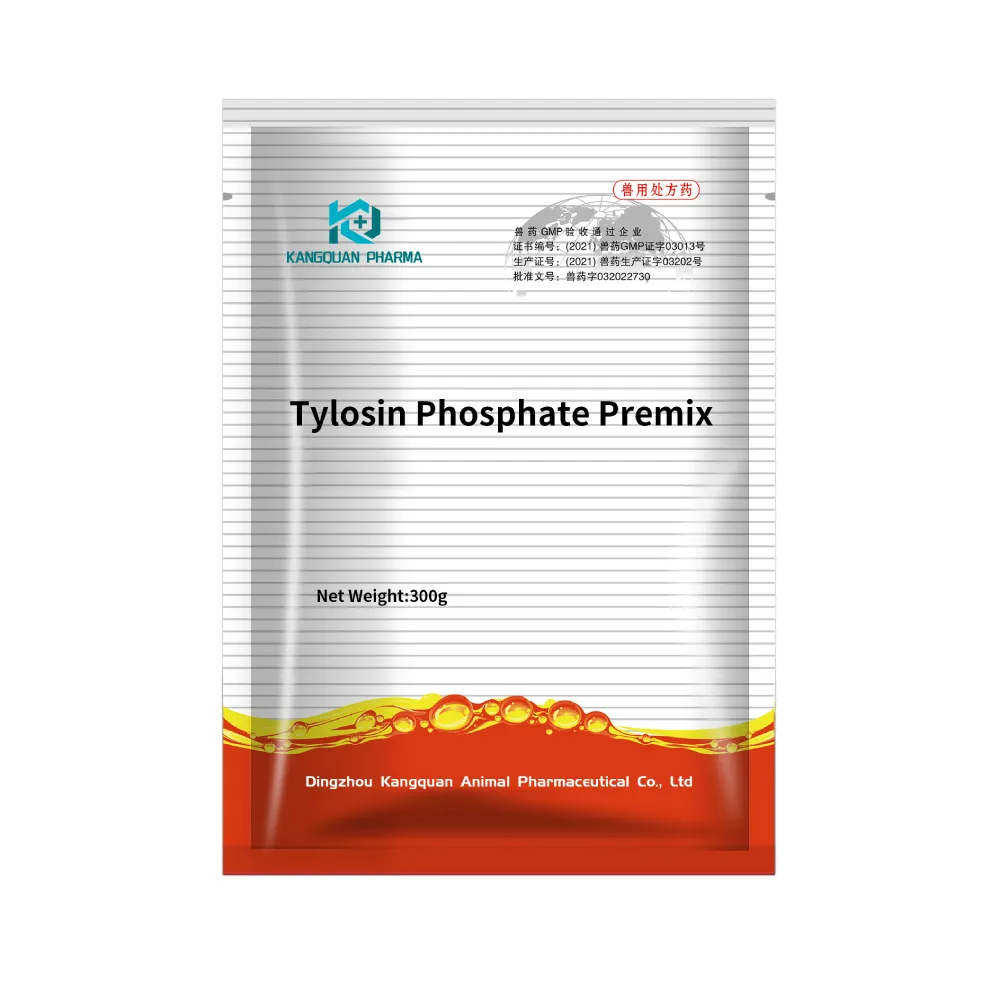- Afrikaans
- Albanian
- Amharic
- Arabic
- Armenian
- Azerbaijani
- Basque
- Belarusian
- Bengali
- Bosnian
- Bulgarian
- Catalan
- Cebuano
- Corsican
- Croatian
- Czech
- Danish
- Dutch
- English
- Esperanto
- Estonian
- Finnish
- French
- Frisian
- Galician
- Georgian
- German
- Greek
- Gujarati
- Haitian Creole
- hausa
- hawaiian
- Hebrew
- Hindi
- Miao
- Hungarian
- Icelandic
- igbo
- Indonesian
- irish
- Italian
- Japanese
- Javanese
- Kannada
- kazakh
- Khmer
- Rwandese
- Korean
- Kurdish
- Kyrgyz
- Lao
- Latin
- Latvian
- Lithuanian
- Luxembourgish
- Macedonian
- Malgashi
- Malay
- Malayalam
- Maltese
- Maori
- Marathi
- Mongolian
- Myanmar
- Nepali
- Norwegian
- Norwegian
- Occitan
- Pashto
- Persian
- Polish
- Portuguese
- Punjabi
- Romanian
- Russian
- Samoan
- Scottish Gaelic
- Serbian
- Sesotho
- Shona
- Sindhi
- Sinhala
- Slovak
- Slovenian
- Somali
- Spanish
- Sundanese
- Swahili
- Swedish
- Tagalog
- Tajik
- Tamil
- Tatar
- Telugu
- Thai
- Turkish
- Turkmen
- Ukrainian
- Urdu
- Uighur
- Uzbek
- Vietnamese
- Welsh
- Bantu
- Yiddish
- Yoruba
- Zulu
Lap . 17, 2024 04:47 Back to list
Comprehensive Guide to Antibiotics for Dogs and Their Uses
A Comprehensive Guide to Dog Antibiotics
Antibiotics play a crucial role in veterinary medicine, especially in treating bacterial infections that can affect dogs. Just like humans, dogs can suffer from a variety of ailments that require medical intervention. In this article, we will explore some common antibiotics prescribed for dogs, their purposes, and important considerations for pet owners.
Common Antibiotics Used in Dogs
1. Amoxicillin This is a broad-spectrum antibiotic commonly used to treat skin infections, respiratory infections, and urinary tract infections in dogs. It works by inhibiting the growth of bacteria.
2. Cephalexin Another broad-spectrum antibiotic, Cephalexin is often prescribed for skin infections, bone infections, and certain types of pneumonia. It is particularly effective against gram-positive bacteria.
3. Enrofloxacin This antibiotic is used for more severe infections and is effective against both gram-negative and gram-positive bacteria. Enrofloxacin is often prescribed for urinary tract infections and respiratory infections.
4. Doxycycline Known for its ability to treat a variety of bacterial infections, Doxycycline is often used to manage conditions such as Lyme disease, as well as respiratory and urinary infections.
list of dog antibiotics

Important Considerations
While antibiotics are effective treatments, they should always be administered under the guidance of a veterinarian. Dosages and types of antibiotics can vary based on the dog's size, age, and specific health condition. Overuse or misuse of antibiotics can lead to antibiotic resistance, making future infections harder to treat.
Side Effects
Like any medication, antibiotics can have side effects. Common side effects in dogs may include diarrhea, vomiting, and loss of appetite. If you notice any unusual behavior or symptoms after administering antibiotics, it's crucial to consult your veterinarian immediately.
Conclusion
Antibiotics are an essential tool in veterinary medicine, providing relief and healing for dogs suffering from bacterial infections. However, responsible usage is paramount. Always follow your veterinarian's directions and never give your dog antibiotics intended for humans, as this could be harmful. Regular check-ups with your vet will help ensure your pet's overall health and well-being, potentially preventing the need for antibiotics in the first place. By understanding the role of antibiotics and the importance of proper care, dog owners can help keep their furry companions healthy and happy.
-
Guide to Oxytetracycline Injection
NewsMar.27,2025
-
Guide to Colistin Sulphate
NewsMar.27,2025
-
Gentamicin Sulfate: Uses, Price, And Key Information
NewsMar.27,2025
-
Enrofloxacin Injection: Uses, Price, And Supplier Information
NewsMar.27,2025
-
Dexamethasone Sodium Phosphate Injection: Uses, Price, And Key Information
NewsMar.27,2025
-
Albendazole Tablet: Uses, Dosage, Cost, And Key Information
NewsMar.27,2025













